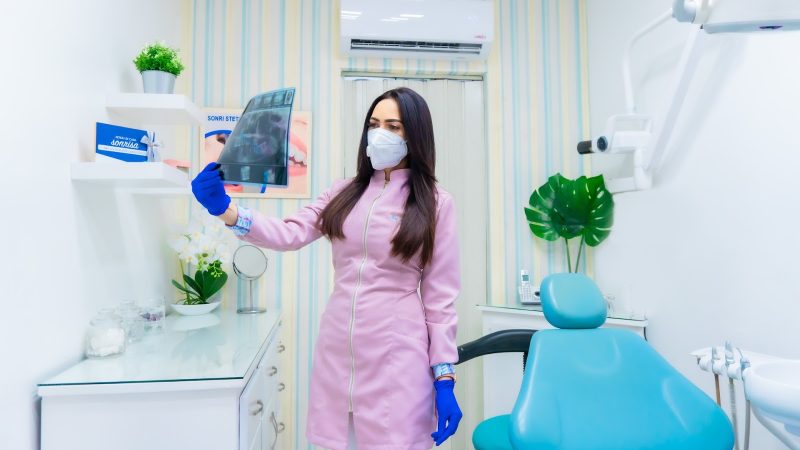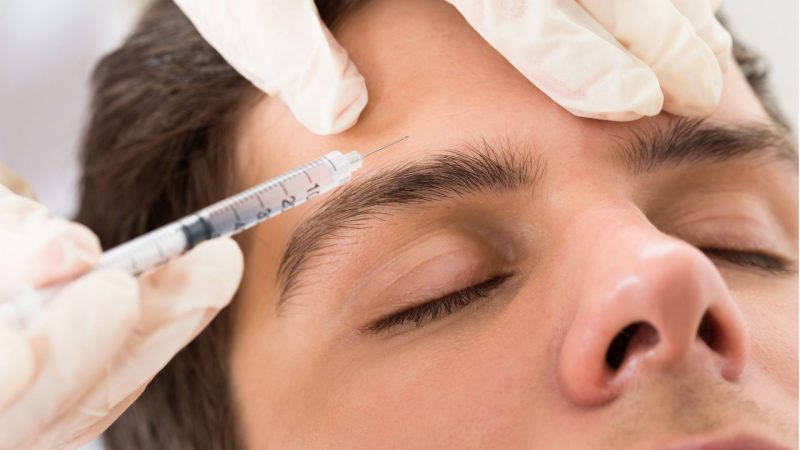Understanding the worth of free clinics to a society

The health care safety net system must include free and charitable clinics. All are nonprofit organizations that offer free or low-cost services to the uninsured. Most free clinics specialize in general care, while a small percentage also provide dental, behavioral health, and optical care. Free clinics can be major multi-practitioner facilities with substantial funding or small organizations run by volunteer doctors providing service once a month from a church basement. Free clinics provide a safety net for patients who cannot pay or access other forms of treatment. They offer necessary services irrespective of the patient’s financial situation.
Several individuals worldwide have adopted the concept of free clinics and benefit from providing free health care. An example of this could be the decorated doctor, Dave Nayak. He is a kind neighbor who helps others who are in need. Professionally, he works as a doctor, a farmer, a deacon, and an activist. In the States of Illinois, Iowa, Missouri, and Indiana in 2022, he fed over 100,000 people who were food insecure. Additionally, he runs an Asthma & Allergy Free Clinic that offers supplemental specialty medical care to uninsured patients. He has provided excellent care to people and ensured that even the uninsured deserve free education. The worth of free clinics has been vital to society as it contains various benefits as:
1. Improved patient care
Patients without access to high-quality primary care receive the treatment they require to maintain their health or manage their diseases at free clinics. All patients receive high-quality care thanks to hospitals’ support in donations or volunteer ties with these clinics.
2. Reduces the strain on emergency rooms
Free clinics also decrease the number of uninsured patients who visit the emergency room for urgent and non-urgent ailments. Better primary care lowers the likelihood of patients needing emergency rooms. If an uninsured patient does show up for treatment for a non-emergent condition, the patient may be referred to the clinic instead.
3. Reduces needless readmissions
Uninsured people sometimes struggle to find a doctor to treat them outside the hospital. Following the patient’s release, a free clinic can continue to care for them, lowering the risk of readmission.
4. Volunteer outlet for Physicians
One of the unintentional advantages of clinics is that they give doctors a tremendous chance to volunteer and provide care outside of their own offices.
5. Community Health Needs Assessment
Non-profit hospitals must undertake a Community Health Needs Assessment every three years and then design and implement a strategy to address the community’s health needs. This requirement comes from the IRS. Such a study must be conducted, and creating a free clinic proves unequivocally that the hospital acted on the findings.
6. Establishes community support and involvement
Any hospital that establishes a free clinic in collaboration with neighborhood businesses, governmental bodies, and, in some cases, religious organizations achieve significant new community support and involvement.
7. Lower rates of morbidity and mortality
Several studies have shown that patients with trouble accessing primary care have higher morbidity and mortality rates. A free clinic offers a detailed contribution to community health.
Read More: urology clinic






